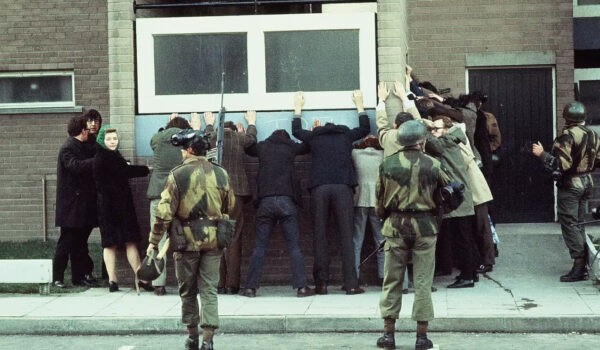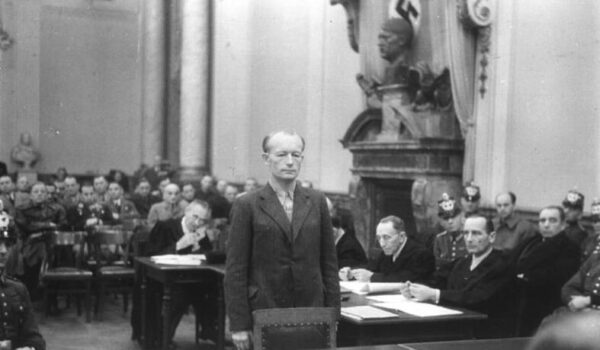IS GAZA LIKE ULSTER?
- Posted on 17 Oct 2025
- 23 min read
By Lieutenant Colonel Simon Barry (Ret’d)
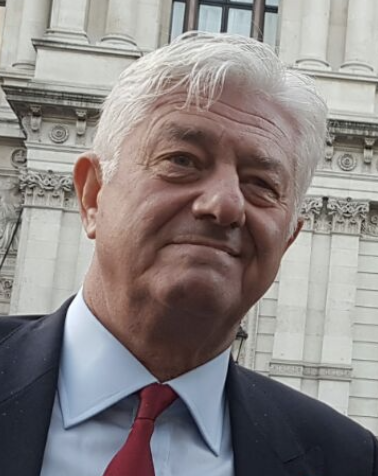
Simon Barry was commissioned into The 3rd Battalion The Parachute Regiment as a 2nd Lieutenant in 1974. He had previously served as a Lance Corporal in the Regiment’s 10th Battalion. His service over the next two and a half decades with the Regiment’s three regular battalions, amongst other appointments, would be punctuated by multiple tours of Northern Ireland. In 1985, Simon Barry was involved in the formation of the Pathfinder Platoon and was its first commander. In 1997, he returned to 10 PARA as Commanding Officer before a posting back to Regimental HQ PARA in 2000 and thence to the MoD’s Directorate of Air Operations in 2001.
It was interesting to see Prime Minister Sir Keir Starmer in attendance at President Donald Trump’s peace summit in Sharm El Sheikh this week. Perhaps to lessen any critical focus on his earlier recognition of Hamas in Gaza, Sir Keir seemed to be casting himself as a peacemaker in the mode of Sir Tony Blair, who was also present.
Sir Keir cited the end of the ‘Troubles’ in Northern Ireland as giving him a unique qualification in such matters. The reality may be rather different, and the devil is most certainly in the details. One such detail is the presence of Britain’s National Security Advisor Jonathan Powell, to whom we shall return further on. On the subject of conflict diplomacy and resolution, which are two of Mr Powell’s claimed areas of expertise, it may be worth comparing differing perspectives.

The gesture politics of France, Canada, Norway, Ireland and others in recognising Hamas probably did nothing to advance the cause of peace; cynics would say it was simply to pander to domestic politics. It achieved nothing. In applying the Roosevelt dictum ‘speak softly but carry a big stick’, however, President Trump succeeded where all his predecessors failed.
As part of the backdrop to this exploitation of the Ulster peace process and what some pundits dismiss as political posturing in Egypt, we have the spectacle of Parachute Regiment and Special Forces veterans — all other ranks and non-commissioned soldiers — facing ideologically driven prosecutions for alleged crimes dating back as far as half a century or more. Sinn Féin/IRA have switched from backstreet warfare to lawfare.
This juxtaposing of Ulster and Gaza justifies a comparison of the players. Hamas wanted to make as many martyrs as possible for its cause whereas the IRA talked about martyrdom but did not really commit to it. Hamas would be happy for everyone to die — with specific exemptions for their special people — while the IRA only wanted to make other people die. Another major difference is that the IRA were self-appointed representatives of the long-suffering Irish people whereas Hamas were democratically elected.
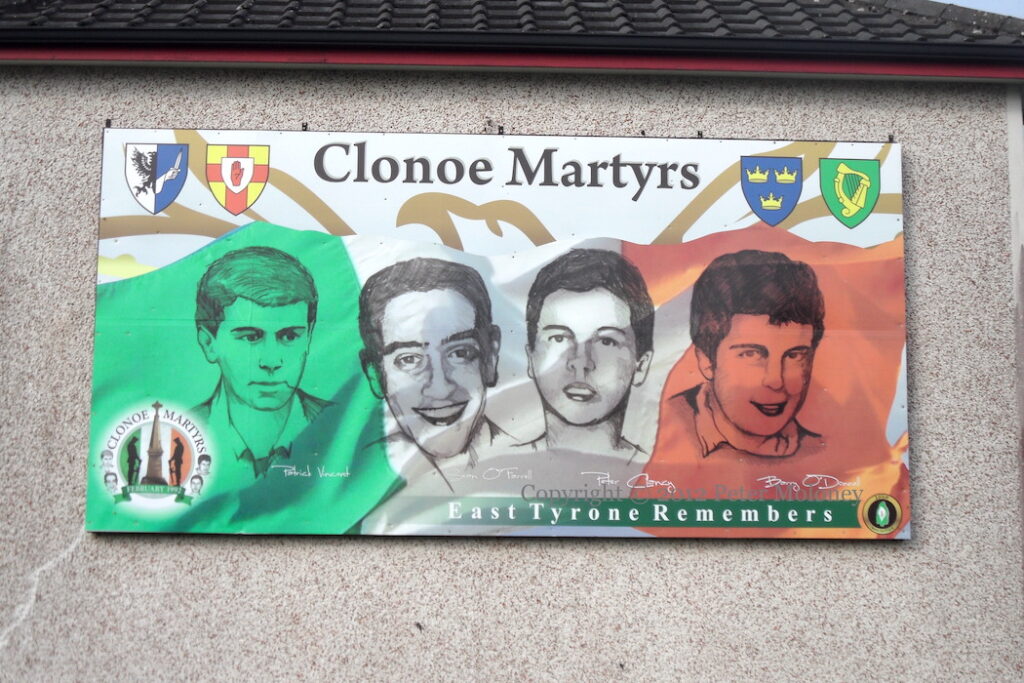
As the record shows, the IRA were little more than gangsters, a street gang of murderers and criminals dressed up as freedom fighters even though they were operating in a democracy. They were effectively supported by a neighbouring state in the shape of the Irish Republic, which feigned ignorance of the grim and gory details but which was wholly constitutionally committed to a united Ireland until June 1999 and the addiction of the 19th Amendment to the Irish constitution.
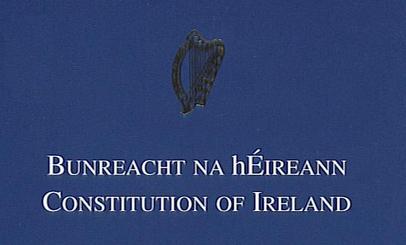
Voted into law by the Irish electorate, the 19th Amendment — conceived to enable the Irish Republic to accept the British-Irish Agreement and thus the Good Friday Agreement — stated that a United Ireland could only be achieved by peaceful means “with the consent of a majority of the people, democratically expressed, in both jurisdictions in the island.”.
Hamas — who displaced the Palestinian Liberation Organisation (PLO) — are an extremist terror group committed to the destruction of the state of Israel in much the same way as the IRA were committed to the destruction of the province of Ulster as a British entity. Hamas is supported by Iran, a theocratic dictatorship that is developing nuclear weapons and is committed to the destruction of Israel.
Then we come to hostages. The IRA had no hostages to hand over, thanks to their shoot-to-kill policy. So, any comparison with the handover of Palestinian terrorists, many of them mass-murderers, to Hamas is spurious. The Israel-Gaza peace process does not involve a hostage exchange as claimed by some parties. It is a transaction to secure the release of those Israeli kidnap victims who are still alive.
The release of convicted IRA terrorists and the issue of comfort letters bear no comparison. Plus, in both cases, the terrorists were pretty much beaten. The IRA were beaten. Had they not been beaten, they would not have come to the negotiating table. The current situation in the Middle East shares that parallel, and it was achieved through determination and strength on the part of the nation states that chose to stand up to and fight terror. It was never achieved by appeasement.
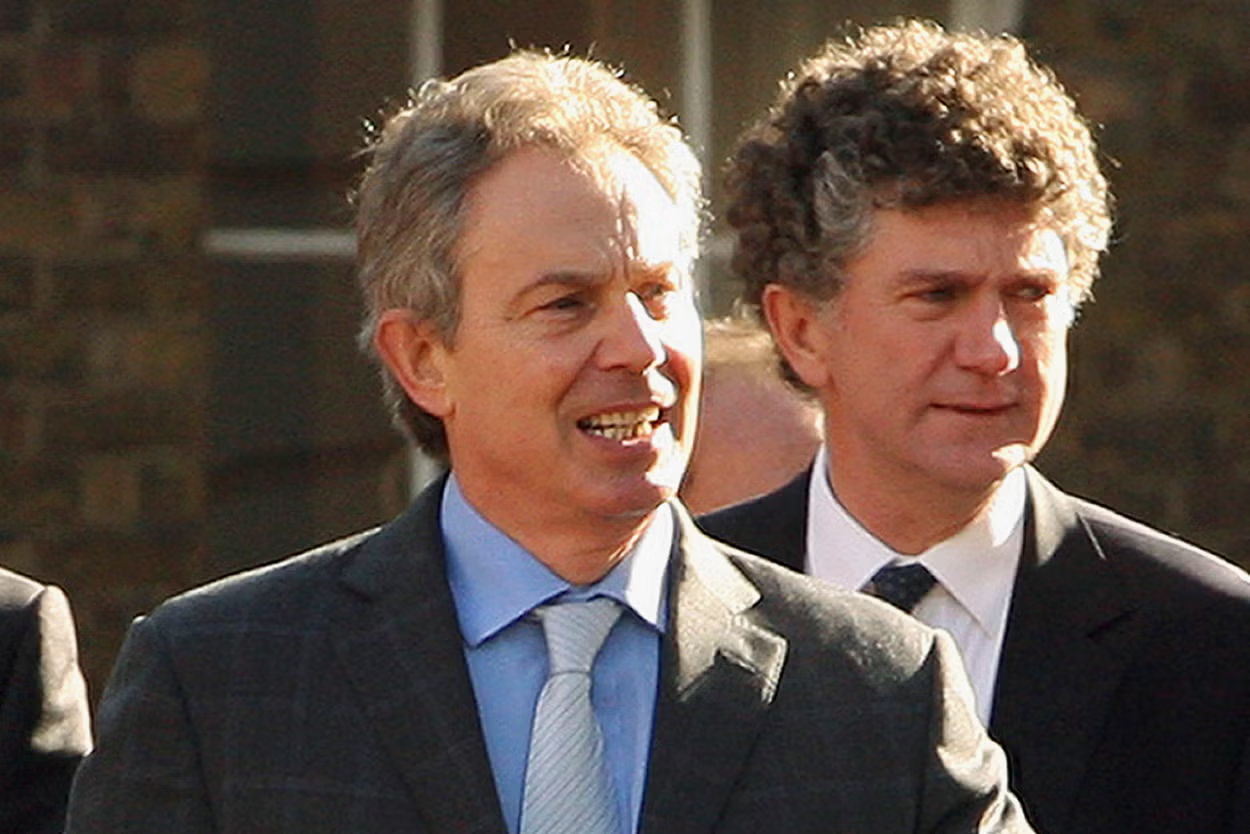
The British Government’s recent record on standing up to external pressure is not good as the Chagos and China spy debacles demonstrate. As the UK Security Minister, Dan Jarvis MP — who served in The Parachute Regiment — naturally works with Sir Keir’s trusted National Security Advisor, Jonathan Powell. Mr Jarvis was obliged to defend Mr Powell this week — on Monday, October 13th 2025 — in the House of Commons over the China spy furore in the House of Commons.
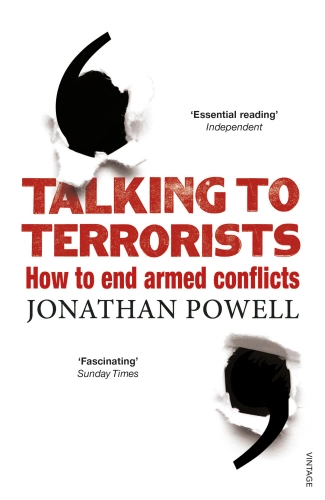
Observers of all of this cannot help but notice that one figure emerging as a constant thread throughout: Jonathan Powell, Sir Keir Starmer’s valued National Security Advisor, who first came to prominence as Tony Blair’s Chief of Staff in 10 Downing Street from 1997 to 2007. Mr Powell’s somewhat self-centred books ‘Talking to Terrorists: How to End Armed Conflicts’ and ‘Great Hatred, Little Room: Making Peace in Northern Ireland’ are serious attempts to portray himself as a uniquely qualified peacemaker. Some critics dismiss these books as ego trips and go as far as to deride Mr Powell’s book ‘The New Machiavelli: How to Wield Power in the Modern World’ as self-flattery by association.
It is a well-worn line that to achieve peace you talk to your enemies, not your friends. Powell adduces multiple examples to support this line. They are correct but the argument is very light on the subject of creating the conditions to make people want to talk. People in conflict only talk when they must. In the case of both Hamas and the IRA, they had to.
The pre-requirement to talk at any price is described as key but may not necessarily be true in all cases. During the Second World War, for instance, Allied policy from January 1943 onwards regarding the Axis and in particular Nazi Germany demanded unconditional surrender. This stemmed in part from the lesson of the Treaty of Versailles that Germany was able to rise again because the Germans never really accepted that they were beaten in 1918. Maybe real peace comes when the losers know that they are beaten and are therefore more serious, and sincere, about following the path of true peace, reconciliation and reconstruction. The German Federal Republic — West Germany — of the 1950s to the 1980s remains a good illustration of this.
The IRA were beaten. They knew it and so did we. They decided that rather than keep confronting the British Army and the RUC, they would instead take on Blair, Powell and the Northern Ireland Office. Their strategy certainly worked and we live today with the legacy of the much trumpeted ‘deal’ — as the 1998 Belfast Agreement became known —a quarter of a century on. Sinn Féin/IRA seem free to rewrite history in order to portray themselves as the honourable freedom fighters and victims that they never were.
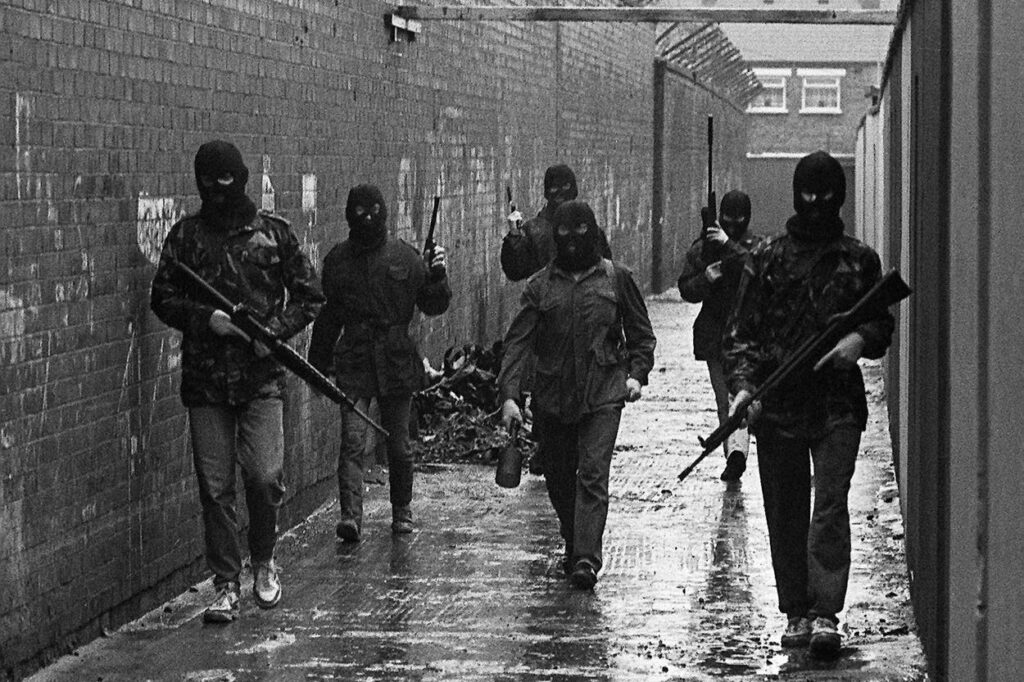
Are the official comparisons drawn between Ulster and Gaza and IRA and Hamas valid? Does Northern Ireland equate in any way to the Middle East or the Eastern Levant and peace-making initiatives there? What parts of the Belfast Agreement will players in the Middle East be rushing to emulate?
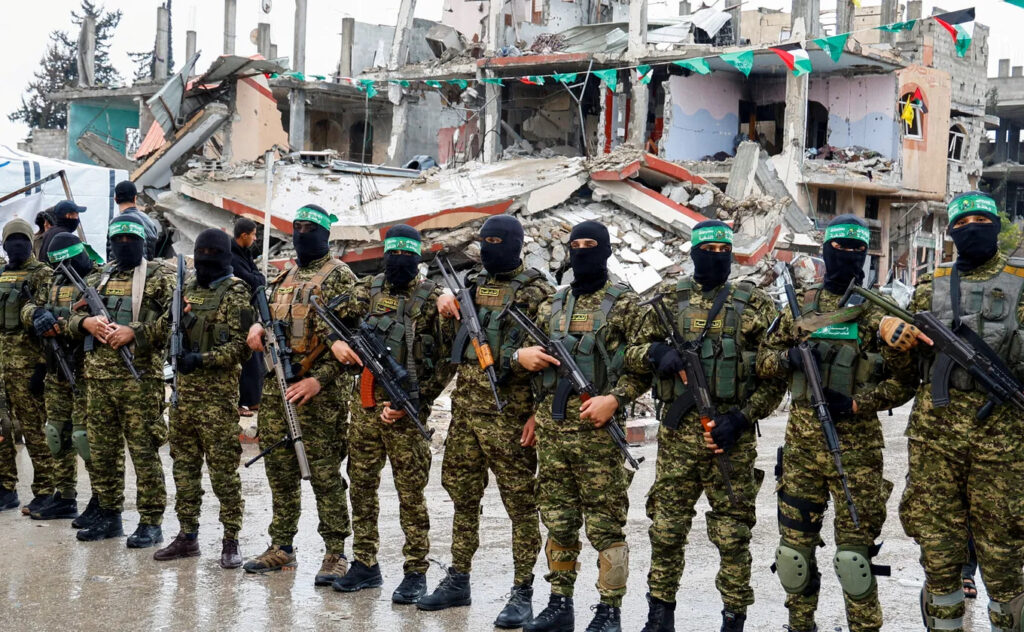
As opposed to the removal of the Crown from aspects of Ulster life to satisfy the wishes of a defeated but still violent minority, the State of Israel is not about to remove the Star of David from anything. Nothing else in Israel will be changed to appease murderous terrorists and their shills and certainly not in the way that RUC had to become the PSNI, for example. Most significantly, the chances of IDF personnel and veterans being dragged before the courts on any charge at all are probably zero.
So, what can Powell and company actually offer? Let us dig into the details as they affect the NI Legacy Act issue today. What is the reality of what the Government is trying to achieve? The ‘guarantees’ touted by government ministers are less than those currently guaranteed in the 2023 Act. Who else is a ‘player’ in all this? Who stands to benefit?
Most importantly, what is the truth behind the amnesty for Ulster terrorists convicted of murders and other awful acts? Even more importantly, what is the truth behind the comfort letters? What is their status in law? I last wrote and asked Al Carns on 29th September 2025 but have not yet received a reply.
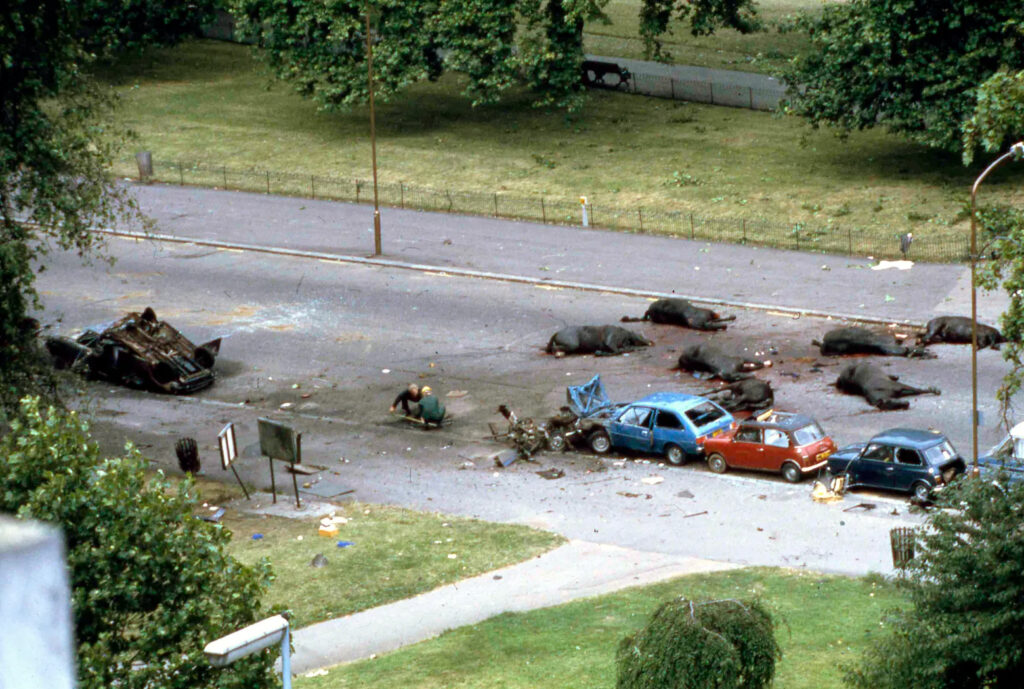
It is worthy of note that Baroness Kate Hoey has asked why the trial of John Downey over the Hyde Park bombing of 1982, stopped by a judge when a comfort letter was produced, has not been reopened if the comfort letters are not de facto full immunity? Baroness Hoey’s principled stand contrasts most unfavourably with the moral acrobatics of others from her former party in Parliament this week over the China spy farce.
One starts to wonder about a government that seems increasingly to be tying itself up with legalism, and which may be losing its way and any commitment to principle in its own confusion. Are there any parallels to which Mr Powell and his colleagues can validly point whilst calling for peace in the Middle East?
What of the hopes for support from neighbouring countries? In Ulster, that is the Irish Republic whose government our leaders are involving in the future process covering the legacy of ‘The Troubles’. In the Eastern Levant, there is no chance of Qatar or Iran having any serious involvement in Israel-Gaza beyond some financing of reconstruction and the reining-in of Hamas. Essentially, there is no parallel worth citing.
Will Israeli powerbrokers be inviting Hamas leaders to family weddings like Jonathan Powell in the cases of Gerry Adams and the late Martin McGuinness, which Powell proudly recounts in his book? Will Hamas be inviting Israeli civil and military leaders to their daughters’ arranged weddings? Not a hope of either side even thinking of this, so no parallel there either.
It is unlikely that Hamas terrorists will have been given comfort letters. That is not the way Israel operates, in the land of ‘an eye for an eye and a tooth for a tooth’, such actions would be would be political and social suicide. Israel has always ruthlessly hunted down those who attack and murder its citizens. They are hardly going to stop now. So, no parallel there.
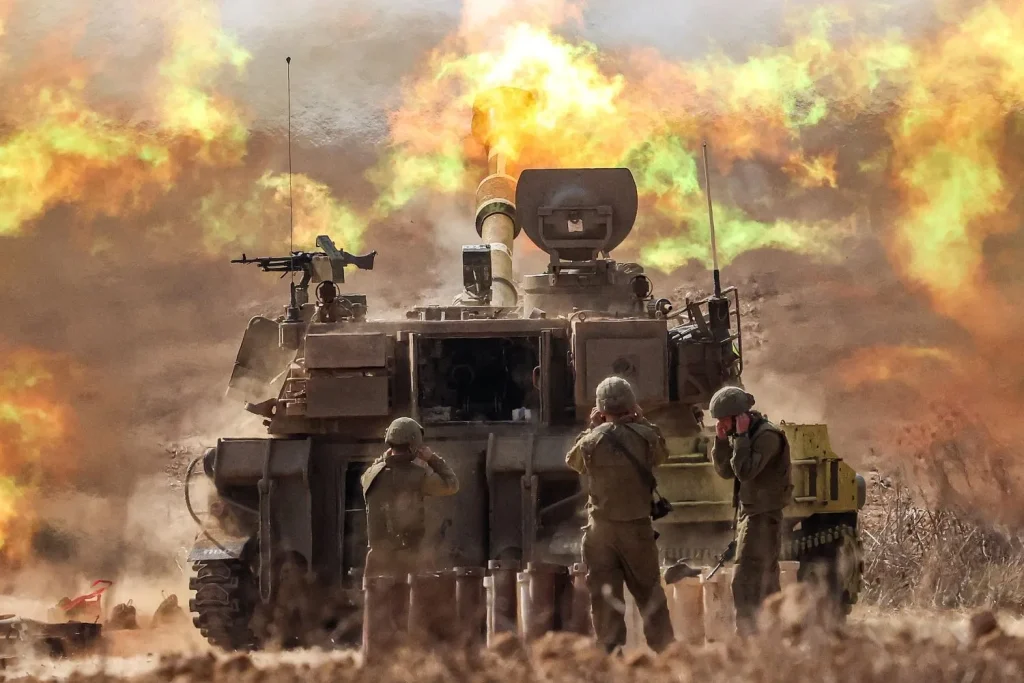
Fundamentally the dichotomy is ‘Appeasement or Resistance’. Israel will choose resistance, though it will be forced by the USA’s ‘big stick’ to row back on its more contentious activities like colonialist settlers and some of the louder ‘Far Right’ activists. This will be a good thing, not brought about by hand wringing, but by that ‘big stick’.
Hamas certainly does not do appeasement. According to reports from Gaza, Hamas firing squads have ready begun executing local people. So, what real value can the United Kingdom bring to what the USA, Israel and various neighbours are trying to do? Beyond the leverage of old and valued connections with states such as Jordan, Oman and Qatar, very little. So, no parallel.
We can be sure that no one in the IDF is waiting to be summoned to answer spurious charges in relation to military operations that they were ordered to carry out by politicians and senior commanders. In the eyes of many World players as well as her own people, Britain comes across as supine with regard to the threat from China, the lawfare tactics of Sinn Féin/IRA and other challenges like the Chagos Islands. Britain is no longer seen a player of principle in the face of intimidation, preferring to hide behind legal contortions.
In summary, there is very little that the British experience in Northern Ireland, perpetuated by Sinn Féin lawfare tactics twenty-five years after the Belfast Agreement, has to offer in the Middle East, either in terms of approach or of examples that could really work there. Maybe Britain’s focus should be on regaining its own credibility by establishing real trust among those military personnel who served to force Sinn Fein/IRA to the negotiating table for the talkers to take over.



